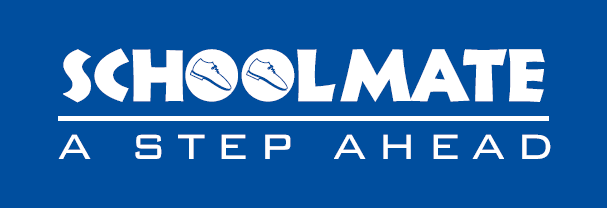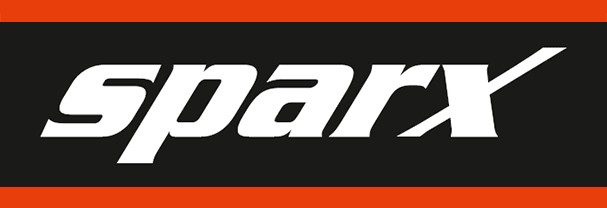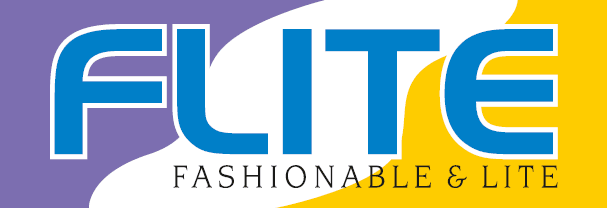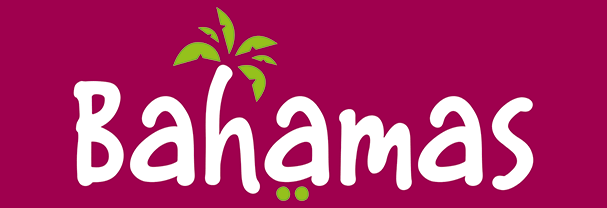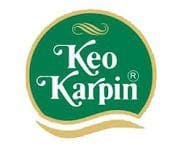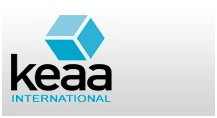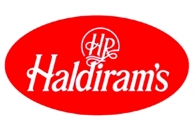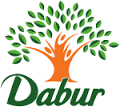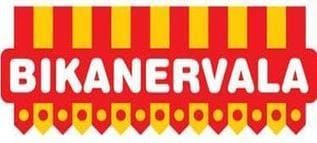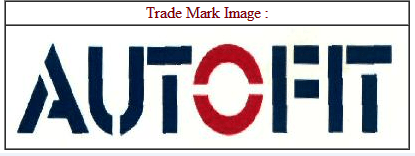Acts and Rules
The umbrella legislation relating to copyright is the Copyright Act,1957, which has been last amended in 2012. According to the Act, the term ‘copyright’ means the exclusive right to do or authorise the doing of a ‘work’ or a substantial part of it. The term ‘work’ used here means:-
- A literary work:- it includes computer programmes, tables , compilations and computer databases.
- A dramatic work:- it includes any piece of recitation, choreographic work or entertainment in dumb show, the scenic arrangement or acting, whose form is fixed in writing or otherwise.
- A musical work:- it includes works of music, any graphical notation of such work but does not include any words or action intended to be sung, spoken or performed with the music.
- An artistic work:- it means a painting, a sculpture, a drawing (including a diagram, map, chart or plan), an engraving or a photograph, whether or not they possess artistic quality. It also includes a work of architecture and any other work of artistic craftsmanship.
- A cinematographic film:- it means any work of visual recording on any medium produced through a process from which a moving image may be produced by any means.
- A sound recording:- it means recording of sounds from which sounds may be produced regardless of the medium by which sounds are produced.
Here, the ‘Related rights or Neighbouring rights’ are the rights of performers (eg actors, singers and musicians), producers of phonograms (sound recordings) and broadcasting organizations.
The Act is administered by the Department of Higher Education Ministry of Human Resource Development. A Copyright Board is established under the Act. The Board is entrusted with the task of adjudication of disputes pertaining to copyright registration, assignment of copyright, grant of licences in respect of works withheld from public, unpublished Indian works, production and publication of translations and works for certain specified purposes. The Act, set up a Copyright Office under the control of Registrar of Copyrights, for the registration of Copyrights.
The main provisions of the Act are:-
- There shall be established for the purposes of this Act an office to be called as the ‘Copyright Office’. The Copyright Office shall be under the immediate control of the Registrar of Copyrights who shall act under the superintendence and direction of the Central Government. Also, the Central Government shall constitute a ‘Copyright Board’.
- here shall be kept at the Copyright Office a register in the prescribed form to be called as the ‘Register of Copyrights’ in which may be entered the names or titles of works and the names and address of authors, publishers and owners of copyright and such other particulars as may be prescribed.
- The author or publisher of, or the owner of or other person interested in the copyright in any work may make an application in the prescribed form accompanied by the prescribed fee to the Registrar of Copyrights for entering particulars of the work in the Register of Copyrights.
- The register of Copyrights and indexes thereof kept under this Act shall at all reasonable times be open to inspection, and any person shall be entitled to take copies of, or make extracts from, such register or indexes on payment of such fee and subject to such conditions as may be prescribed.
- The Register of Copyright shall be prima facie evidence of the particulars entered therein and documents purporting to be copies of any entries therein, or extracts therefrom certified by the Registrar of Copyrights and sealed with the seal of the Copyright Office shall be admissible in evidence in all courts without further proof or production of the original.
- Copyright shall subsist in any literary, dramatic, musical or artistic work (other than a photograph) published within the lifetime of the author until sixty years from the beginning of the calendar year next following year in which the author dies. Also, in the case of a literary, dramatic, musical or artistic work (other than photograph), which is published anonymously, copyright shall subsist until sixty years from the beginning of the calendar year next following the years in which the work is first published.
- The owner of the copyright in an existing work or the prospective owner of the copyright in a future work may assign to any person the copyright either wholly or partially and either generally or subject to limitations and either for the whole term of the copyright or any part thereof. However, in the case of the assignment of copyright in any future work, the assignment shall take effect only when the work comes into existence
- If at any time during the term of copyright in any Indian work which has been published or performed in public, a complaint is made to the Copyright Board that the owner of copyright in the work:- (i) has refused to republish or allow the republication of the work or has refused to allow the performance in public of the work, and by reason of such refusal the work is withheld from the public; or (ii) has refused to allow communication to the public by broadcast of such work or in the case of a sound recording, the work recorded in such sound recording, on terms which the complainant considers reasonable.
 Android
Android









